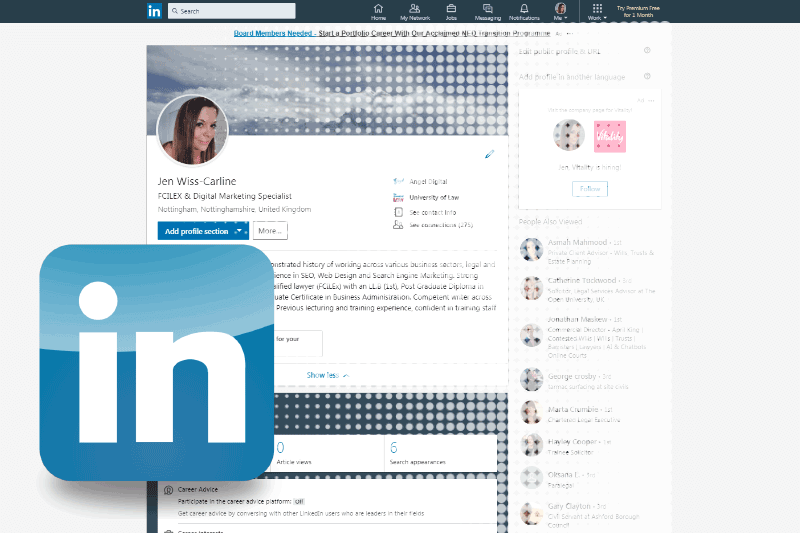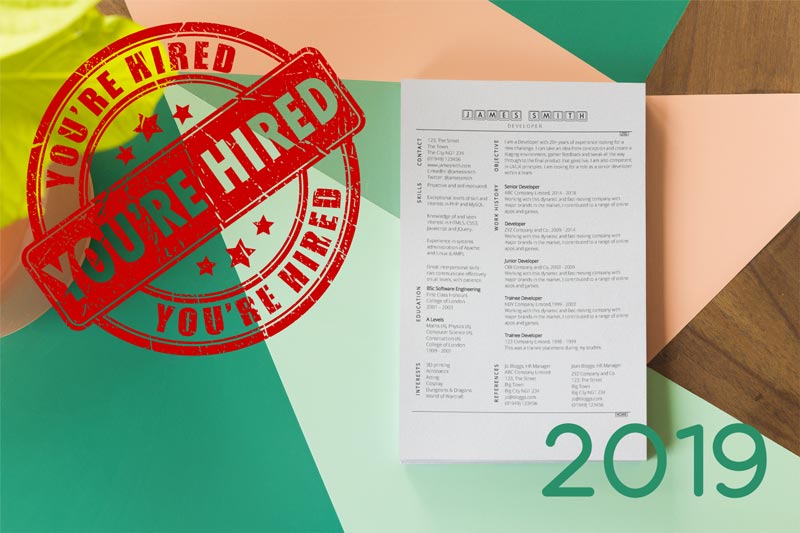Getting a job: find out more
As a job seeker you may come across a role you really like but feel you are underqualified – but should this stop you from applying? There are lots of different roles and qualifications which are stated in the job advert, but that doesn’t mean to say they are all mandatory requirements. Sometimes experience can favour a candidate, and employers are not always expecting everyone to tick all the boxes.
Write a CV that proves your worth
Outstanding performances and achievements can often outshine relevant work experience, and if you are struggling to make the employer realise that you are more than capable of performing well in the role, you can always focus their attention on your proven track record – no matter how different your work history is to your new venture.
Whether you’re lacking in a few skills or relevant work experience, or even if you just want to write a CV that stands out; make sure you highlight your outstanding achievements. An employer is not just interested in reading a list of your skills and previous daily tasks, and they also want to see how capable you are.
Don’t simply list all of your tasks and responsibilities
Although an employer would want to see some relevant tasks for your past roles, they would also want to see some kind of indication of your performance. Completing all these tasks and having a long list of skills does not mean to say you are actually good at your job. An employer cannot take your word for it if you decide to include a few cliché statements on your CV.
Our advice would be to avoid too many cliché statements like – ‘I am a great team players’. It is unfair to assume that the employer should believe what you say. Instead, you should provide examples of your outstanding achievements.
If the employer is looking for someone with great team working skills, then provide instances of this during a previous role. You go into a little detail on a successful project and explain your role and how you helped the team.
Show transferable skills
When you tailor a CV to the role and the company you are effectively making sure you give them what they want. A generic CV cannot do this and will fail to highlight the right strengths and experience you’ve accumulated over the years.
Transferable skills have to be made obvious in your CV otherwise the employer may not see what you have to offer. It doesn’t matter if your skills and experience are not directly relevant to the role if you can prove on your CV how your skills can be transferable.
Our team of experts have written some fantastic articles on how you can transfer your skills to any role and show that you are the right person for the job. Even if you don’t have the exact skills and experience the employer is looking for, you can still write an effective CV that demonstrates how you will perform in the new role.
How to get a Xmas job
We also have some great guides on how to get a job over the Xmas period, when you should apply, and the types of roles you can expect to see over the festive season. We offer tips on how early to apply, how to write a CV for a Xmas position, and how to plan for the possibility of gaining full time employment come January.
If you’re looking for a new job or a complete career change in the New Year, we also have some great advice on how to create the perfect CV. Every time January comes around you might be thinking it’s time for a change, but how do you make that all important big step and make a career change or find a new job?
There are lots of ways you can go about this, and putting it off each year is only going to increase your frustrations. It doesn’t always matter to an employer that you don’t have relevant work experience, and there are lots of ways you can demonstrate your transferable skills and how you can still benefit an employer from what you’ve achieved to date.









